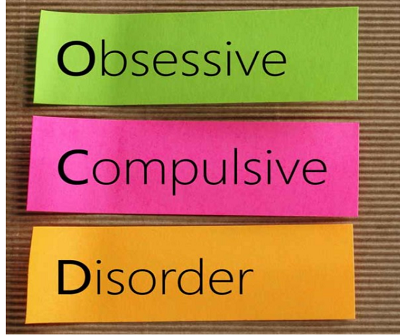
Palm Beach Gardens OCD Support Group for Kids & Teens
The OCD Foundation of Michigan - Lansing
The OCD Foundation of Michigan - Dearborn
OCD Support Group
Andover, MA-OCD Support Group
Clearview Horizons is pleased to announce the offering of a weekly OCD support group. In addition to providing an opportunity to connect with other individuals with OCD, the group also provides a weekly educational component focused on an aspect related to OCD treatment, such as cognitive reframing versus reassurance, perfectionism, thought defusion, and mastering the skill of developing exposures.
What Does Not Cause OCD
People who have OCD did not do anything to cause it. And it isn’t caused by the way parents raise their children. OCD is a neurobiological disorder — not a condition that is caused by action or inaction.
Here are some common misperceptions about the causes of OCD:
College Students: OCD 101
You’re not alone if you have OCD. This disorder affects millions of people, and they come from every age group, race, gender, ethnicity, and socioeconomic background. College can be stressful, and it’s not unusual to first experience OCD symptoms there.
What’s Normal and What’s Not?
Everybody worries at times. It’s normal to worry about things like school, how you look, what you said or did in a certain situation, how your parents will react to something you did, or what the future will bring. But OCD takes worries and doubts to the extreme.
For example, most people have thoughts about others spreading germs or doubts about whether they locked their front door. Usually these thoughts crop up and then disappear. But if they keep returning and cause you a lot of anxiety if you don’t wash your hands or repeatedly check the front door, it could be OCD.






